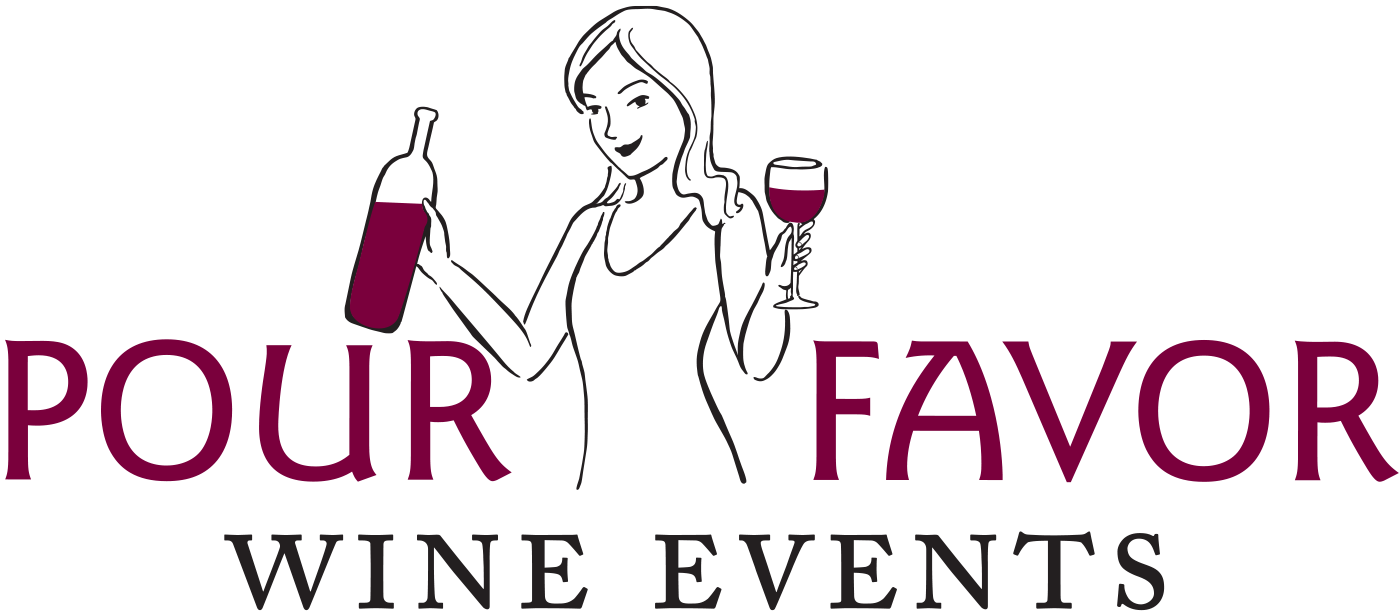 Two Mondays ago we mused about the challenge of judging wines because a new report by Robert T. Hodgson was released about the difficulty in doing so. Largely my comments were geared to judging competitions themselves, only briefly mentioning the points systems often used (by Robert Parker and increasingly others, like Gary Vaynerchuk).
What I didn't say was how much I detest any "official" point system. That's why my "ratings" here at Pour Favor never go down a numeric scale; I opt for a much more user-friendly, experiential way of expressing my likes and dislikes. "Yum" describes the wines I've enjoyed most; "pass" describes ones I don't need to have again.
Two Mondays ago we mused about the challenge of judging wines because a new report by Robert T. Hodgson was released about the difficulty in doing so. Largely my comments were geared to judging competitions themselves, only briefly mentioning the points systems often used (by Robert Parker and increasingly others, like Gary Vaynerchuk).
What I didn't say was how much I detest any "official" point system. That's why my "ratings" here at Pour Favor never go down a numeric scale; I opt for a much more user-friendly, experiential way of expressing my likes and dislikes. "Yum" describes the wines I've enjoyed most; "pass" describes ones I don't need to have again.
I get it. Ratings sell wines to the masses. Fortunately, I don't have to like it and I don't have to subscribe to it myself. In our boutique shop we offer our own descriptions of a wine. Only 1 in maybe 15 is a mass-produced "shelf talker" with a Parkerized-rating listed. Larger stores depend on the mass produced marketing materials (and the number system) because they don't have (as many) expert staff on hand to talk to customers about a particular wine. Suppliers need to give as much fodder to these bigger stores as possible to "move the product" for them.
But what about a winery's feelings on the topic? I'd say it's gotta be pretty varied, depending on your larger marketing plan, your size/production capability and your personal philosophy. Getting any score can be a good news/bad news thing.
On Friday Gretchen Roberts at Conde Nast's Portfolio came out with a list of "The Parker Holdouts", or wineries which prefer not to submit their wines for review. Roberts interviewed Phil Woodward of Woodward/Graff wines. He said he "prefers to work with local journalists who like to tell a story rather than rate a wine". Clearly he is a man who believes if you romance your potential customers with information about a wine, they're more likely to pick up a bottle, and if they like it, get emotionally involved in your product.
Ric Henry of Karl Lawrence Cellars has a similar strategy. He "wants to cultivate customer loyalty, not flash-in-the-pan buyers who chase scores." He even likens his product to the Oakland Raiders, where "in a good year or bad, I stick with my team". Gotta love a man with a sports analogy for wine.
As much as I appreciate the philosophy these (two) wineries have about scores, I also argue they are looking at the bigger picture and "protecting" themselves. If you get a bad score, you can be totally screwed in the future. If you get a good score, you sell a ton of that one wine (which is limited in supply). The pressure to produce more of the same wine in the following year can be difficult to manage - you don't want to jeopardize quality, but you may feel more compelled to meet the demand. But who knows what the next vintage will bring? Too many times we see a good wine go south the following year because they cut corners or change their blend because they only have so much juice in the first place.
All of this said, at the end of the day you do need someone out there "judging" wines for you to a) find the cream of the crop and then b) help you make a selection based on an informed impression of a given wine.
The question is, do you prefer your wine "judges" to be your local buyers, or the Robert Parker's of the world? Does it matter to you?
